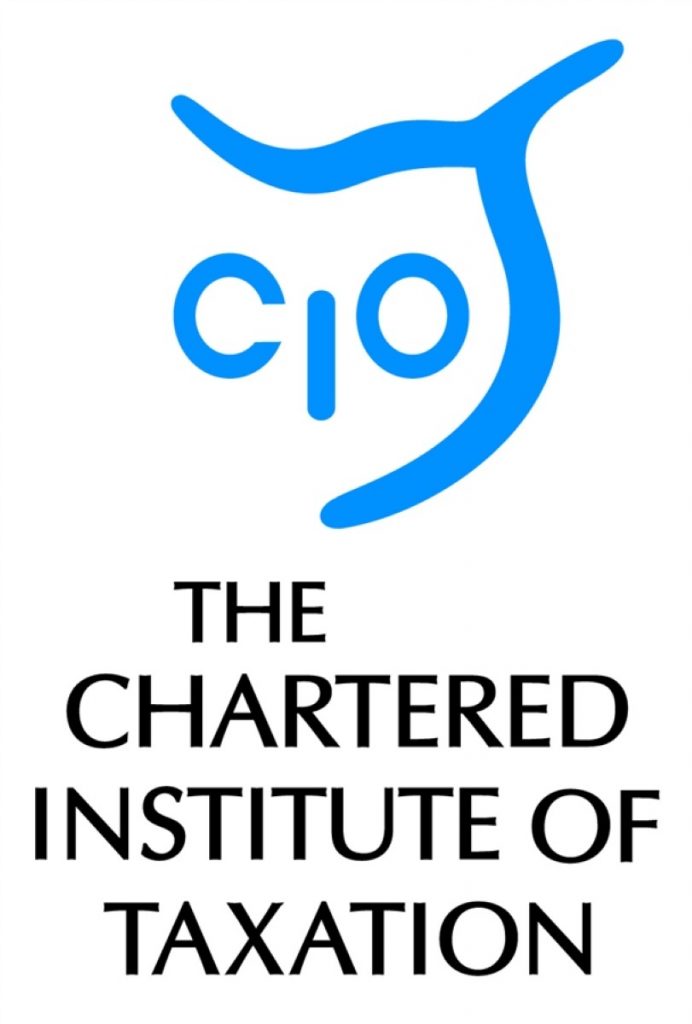While generally supportive of HMRC’s digital drive, the Low Incomes Tax Reform Group (LITRG) said the success of voluntary online self-assessments(1) shows that the benefits of a digital administration can be achieved without forcing the smallest businesses to maintain digital records and make digital reports to the tax authority every quarter.
In its submissions to HMRC,(2) LITRG calls the chance of a successful introduction of Making Tax Digital (MTD) by April 2018 'unrealistic and unachievable'. The tax body says MTD must be postponed to enable the public to be properly educated about the changes, businesses to be more prepared for the practical impacts and additional costs of it, and to allow full development and testing of the software on which the programme will rely.
Robin Williamson, Technical Director of LITRG, said:
“We are hugely concerned about HMRC’s over-ambitious timetable for launch. In our view a successful start to MTD in April 2018 is unrealistic and unachievable, with so much of the detail still to be considered and finalised and the software, such a vital component in the success of the project, still to be developed and fully tested.
“A more relaxed introduction to a launch date will lessen the chances of the public quickly losing faith in a system that is found to have flaws and irritants and reduce the chance of compliant taxpayers making mistakes in their rush to acquaint themselves with unfamiliar systems.
“A much better alternative to compulsory participation in MTD is voluntary participation, which has worked well for self-assessment online filing. If digitisation is as good and beneficial to taxpayers as the Government suggests, they will naturally migrate to it. There is a risk that mandation will have the opposite effect to what HMRC intends: instead of increasing revenue, it may act as a disincentive to businesses to trade legitimately and encourage some into the hidden economy.”
LITRG argues for the exemption threshold of £10,000 from MTD to rise to an amount equivalent to the current VAT threshold (£83,000) to cater for the many businesses that will have great difficulty in complying with MTD due to cost, extra administrative time, lack of IT knowledge, and lack of financial literacy. It will always be possible for businesses below the exemption threshold to join the programme voluntarily, which many will wish to do, if it is as good as HMRC is promising.
LITRG also cautions that HMRC relying on commercial business to make free software available is fraught with problems.
Robin Williamson said:
“If HMRC wants small businesses to comply digitally, it is up to HMRC, not the industry, to make free software available. We are concerned that free software provided by commercial concerns may not be sophisticated enough to protect every taxpayer from unintentional non-compliance with HMRC’s requirements. Free software has to be paid for somehow, and there is a risk that this will be by the software houses bombarding their customers with adverts for expensive, and perhaps unnecessary, upgrades.
“Finally, and most importantly, there will always be some taxpayers who are digitally excluded for a variety of reasons such as lack of broadband due to remote location, or age, or disability. HMRC must respect the right of all taxpayers who for whatever reason genuinely cannot get online or use computers to conduct their business with the Department via alternative channels. The service and support available to this group of taxpayers must be of at least the same level and quality as that available to digitally enabled taxpayers.”
Notes for editors
1. Another record breaking year for Self Assessment, HMRC press release, February 2016.
2. LITRG’s submissions on MTD this week can be read here.
3. At Budget 2015, the Government set out its vision for a ‘transformed’ tax system. In December 2015 it launched the MTD Roadmap which sets out how this would be achieved, with the aim to turn HMRC into one of the most digitally-advanced tax administrations in the world by 2020. Read more here.
4. Low Incomes Tax Reform Group
The LITRG is an initiative of the Chartered Institute of Taxation (CIOT) to give a voice to the unrepresented. Since 1998 LITRG has been working to improve the policy and processes of the tax, tax credits and associated welfare systems for the benefit of those on low incomes.
The CIOT is the leading professional body in the United Kingdom concerned solely with taxation. The CIOT is an educational charity, promoting education and study of the administration and practice of taxation. One of our key aims is to work for a better, more efficient, tax system for all affected by it – taxpayers, their advisers and the authorities. The CIOT’s work covers all aspects of taxation, including direct and indirect taxes and duties. The CIOT’s 17,600 members have the practising title of ‘Chartered Tax Adviser’ and the designatory letters ‘CTA’, to represent the leading tax qualification.
Contact: Hamant Verma, External Relations Officer, 0207 340 2702 HVerma@ciot.org.uk (Out of hours contact: George Crozier, 07740 477 374)





-01.png)